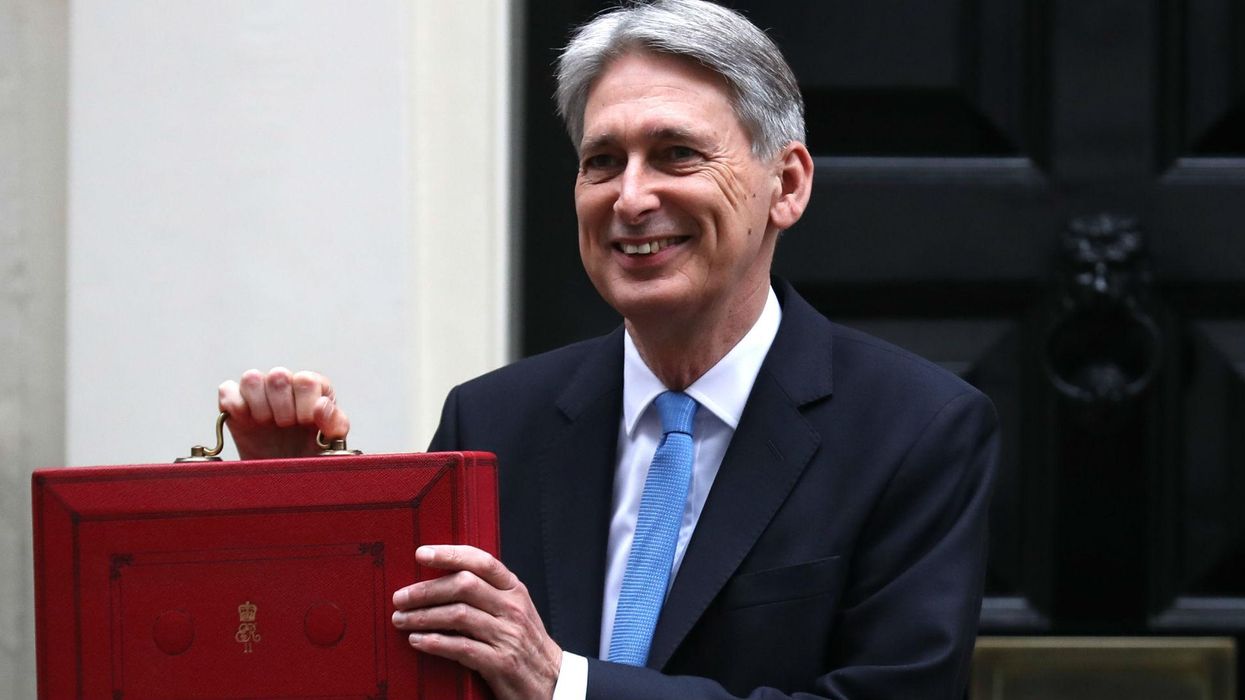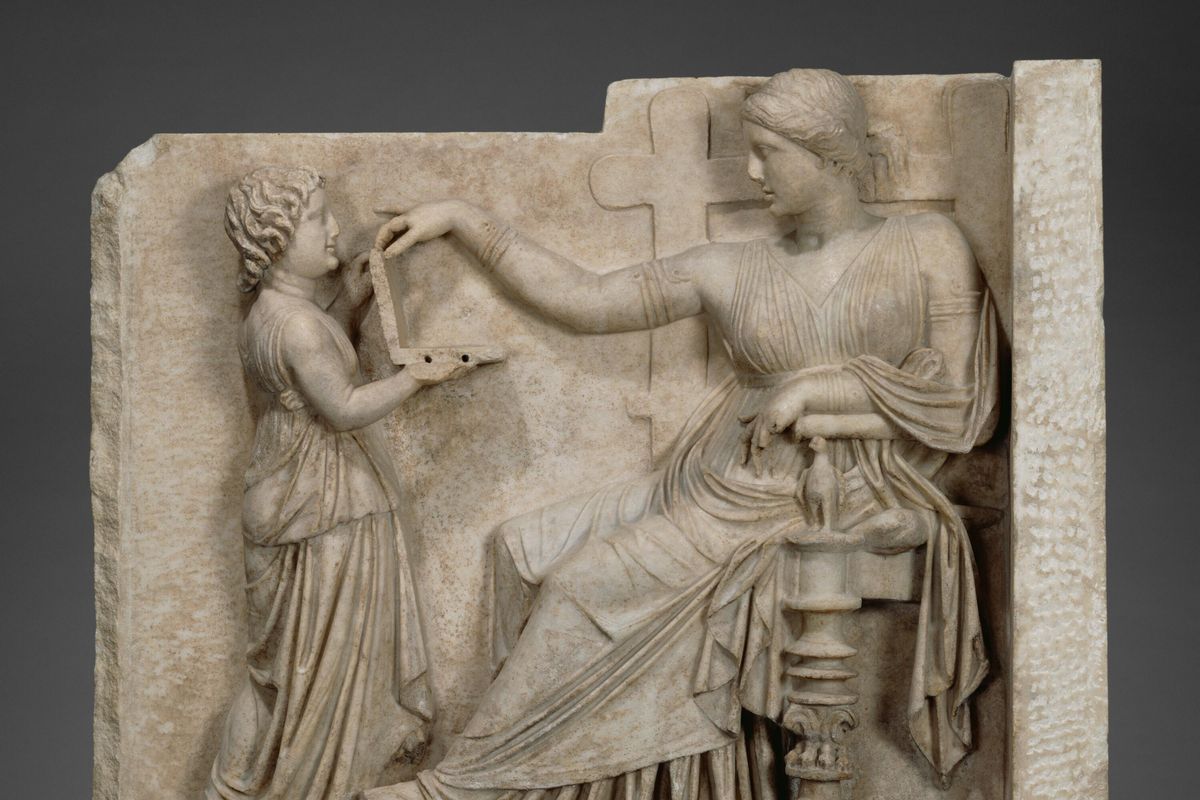News
On Wednesday Chancellor Philip Hammond presented his Autumn Budget to parliament.
The headline measures included the abolition of stamp duty for first time buyers on properties worth less than £300,000, a new off-peak railcard for 26-30-year-olds, and a pledge to increase house building to 300,000 homes per year.
While these three measures were sweeteners, chatter ahead of the budget highlighted several concerns that Hammond did not address.
Here are the pressing problems the budget should have included, but didn't.
Private renting
Although house buyers were allegedly given a helping hand (though the Office for Budget Responsibility since said the removal of stamp duty will probably increase house prices), private renters were virtually neglected.
Hammond announced a 'consultation' on 'barriers to longer term tenancies', but nothing beyond that, other than increasing the number of available houses.
According to Hammond;
The number of 25 to 34-year-olds owning their own home has dropped from 59 per cent to just 38 per cent over the last 13 years.
With so many adults still renting, measures to curb rising rents would likely have been welcome in this budget.
Public Sector Pay
One of the most memorable moments from the general election was when Theresa May was questioned by an NHS nurse about the pay freeze.
At the time, May told the nurse that there was 'no magic money tree'.
Following their (sort of) victory in the election, the Conservatives announced the pay freeze would end.
In a document released by the Treasury it was announced that during 2018-19, ministers would be able to consider 'appropriate pay awards depending on workforce needs and resources'.
In his speech to the Commons, Hammond made no new announcement on public sector pay, but reiterated one that already been announced by the Health Secretary regarding pay for Nurses. This would allow increases on the condition that it 'enables improved productivity in the NHS, and is justified on recruitment and retention grounds'.
The absence from the speech was noted by Union bosses.
Social care
Another election campaign catastrophe neatly ignored was the Conservative policy on social care.
The so called 'dementia tax', was also known as the U-Turn that was definitely not a U-Turn because 'nothing has changed'.
The idea that the sale of an elderly person's home could contribute to the cost of the care they receive in old age was jettisoned, so it would not be unreasonable to expect a new social care policy announced in the Autumn budget.
But the impending crisis in social care was side stepped in the budget.
In response to the omission, the director of the charity Age UK Caroline Abrahams said;
The Budget's failure to acknowledge the enormous problems facing social care is desperately short-sighted and can only result in the numbers of older people going without the care they need.
Last week the Government announced it would publish a Green Paper on social care next summer but we fear for the state of social care by then.
Student loans
It was reported prior to the budget that the problem of students overpaying on their loans would be tightened up by the Treasury.
Prior to the budget it was trailed that HMRC would introduce changes to ensure that deductions from the salaries of graduates would stop the moment the loan was paid off.
86,000 graduates overpaid on average £592 in the year 2015/16.
Yet no mention of overpayments, changes at HMRC, or students of any variety featured in Hammond's budget speech.
Defence and security
Not a word.
This was despite the fact Britain has had five known terror attacks in 2017, or that Britain continues to deploy its armed forces around the globe, and this summer it was announced the British troop numbers in Iraq would be almost doubled.
The 'Tampon tax'
Despite claims from opposition politicians that this would require a relatively small amount to fix (just £10 million, no big deal), no measures were taken to ensure that all women have access to sanitary products.
Towels and tampons are currently taxed at 5 per cent in the UK, as a 'value item'.
On Monday the BBC created a calculator to work out how much 'tampon tax' a person has paid over their life time.
Currently Tesco, Waitrose, and Morrisons are among the retailers who have reduced their sanitary products by 5 per cent to absorb the tax.
HT The i, Resolution Foundation, BBC
More: Five Tory cuts announced in 2015 that will kick in this week
Top 100
The Conversation (0)













